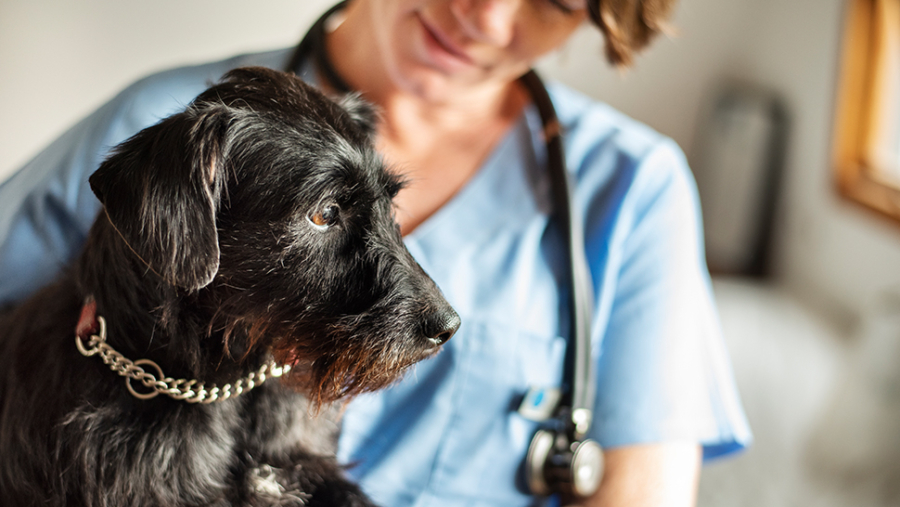

Often, when considering complaints against veterinary practices, we typically consider those complaints that deal with the ‘duty of care’ obligations to your clients and patients and the requirement to ‘exercise reasonable skill and care’. In such circumstances a crucial first step to defending such claims is to demonstrate and ensure that as veterinary professionals you adhere to the Royal College of Veterinary Surgeons’ (RCVS) professional code of conduct.
However, complaints can be very wide ranging and there are many non-RCVS-related complaints. By way of example, many practices are situated in predominantly residential areas. Some of these practices will be housed in old and sometimes historic buildings with little scope to modernise. Throw into the mix the restrictions imposed due to Covid-19 and quite quickly we can see that there could be complaints arising from an environmental angle – specifically noise and congestion caused by traffic or parking by clients.
This was precisely the case for a client for whom I recently acted. Local residents complained about noise emanating from the practice which was exacerbated in the warmer months when windows were open, and when gardens were being used.
The council investigated and, rather than pursue enforcement action via section 90 of the Environmental Protection Act 1990, they sought to curtail the complained activity under the Anti-social Behaviour, Crime and Policing Act 2014. This is usually associated with the now infamous ASBO (anti-social behaviour order) and so seemed like a novel application of the law.
The Act allowed the council to serve a Community Protection Notice (CPN) if a test could be satisfied. The test was to determine that the conduct of the practice was:
- Detrimental in effect
- Of a persistent or continuing nature
- Affecting the quality of life of those in the locality
- Unreasonable
The effect of the service of the CPN was:
- To stop the practice undertaking a specific activity, in this case the use of a public announcement system in its car park to alert clients that they could enter the building to see the practice staff
- For the practice to take reasonable steps to achieve specified results.
In this case the loss of use of the system had a direct effect on clients being able to use the practice for their veterinary needs and significant investment was required to put in place new measures.
Whilst such matters are very fact-specific, we appealed against the CPN on the basis that there was no detrimental effect; it was not persistent in nature, and the use of the system did not affect the quality of life of those in the locality. Further, it was argued that the conduct was not unreasonable as the building was historic and the public announcement system had been in constant use for approximately 40 years.
Following an initial hearing where case management matters were decided, the court listed the matter for a contested hearing. We maintained our position throughout that the complaints against the practice were not such to justify the service of the CPN.
In the intervening period the council yielded and agreed to withdraw the CPN subject to our client withdrawing its appeal. This was a positive outcome for the practice.
So, a complaint against a veterinary practice does not always relate to RCVS-related issues, but the same approach and advice applies. If a complaint is made against you or your practice, it is imperative that you contact your professional advisors at the earliest possible opportunity and follow scrupulously their advice on how to proceed.










